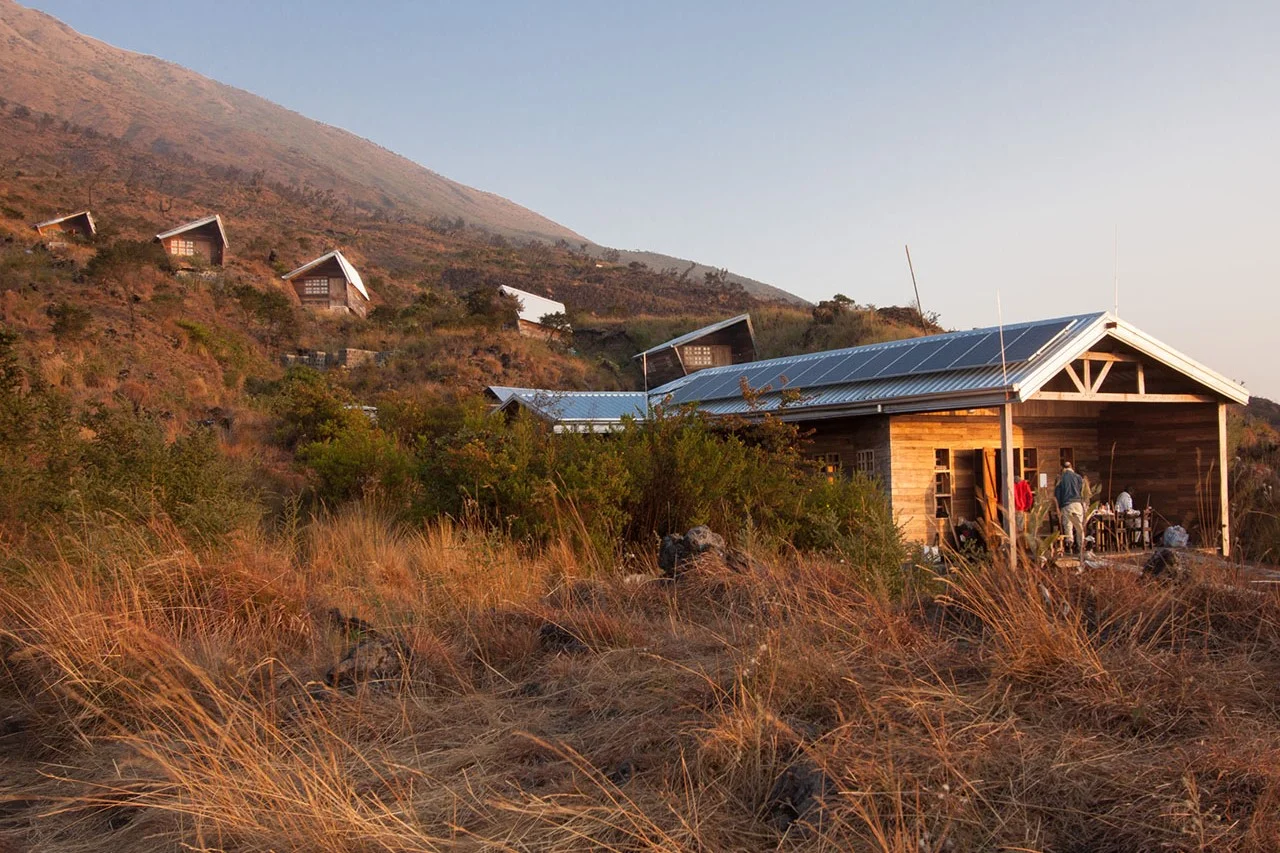Sustainable Forest Management

Close to 50 percent of the rainforest in Cameroon has been subjected to forest exploitation in the last 3 decades. As the country seeks to further develop sustainably, there is an urgent need to protect and effectively manage the remaining areas of rich forests (TRIDOM & Ngoyla Mintom forest blocks, for example) to maintain their integrity.
WWF Cameroon’s efforts in sustainable forest management in Cameroon aim to look beyond protected areas (PAs) and ensure that the impacts of activities at its peripheral zones do not affect the parks and the overall forest ecosystem of the region.
Our strategy consists of mainstreaming sustainable forest management standards in all priority landscapes through three key interventions, namely Voluntary Partnership Agreement/Forestry Law Enforcement, Governance and Trade (VPA/FLEGT), Best Management Practices and Certification, and REDD/Climate Change.
The VPA/FLEGT initiative focuses on non-permanent forest domain and aims to reduce illegal artisanal logging. Best Management Practices and Certification and REDD/Climate Change are implemented in the permanent forest domain as well as in the non-permanent forest areas, with limitation to community forests in the non-permanent domain. In order to reduce unsustainable logging, the objective is to increase the forest area under certification and/or under best forest management practices.
 Albania
Albania Algeria
Algeria Andorra
Andorra Argentina
Argentina Armenia
Armenia Australia
Australia Austria
Austria Azerbaijan
Azerbaijan Bahrain
Bahrain Belgium
Belgium Bolivia
Bolivia Brazil
Brazil Bulgaria
Bulgaria Cambodia
Cambodia Cameroon
Cameroon Canada
Canada Chad
Chad Chile
Chile China
China Colombia
Colombia Costa Rica
Costa Rica Croatia
Croatia Cyprus
Cyprus Czechia
Czechia Denmark
Denmark Ecuador
Ecuador Egypt
Egypt Finland
Finland France
France Georgia
Georgia Germany
Germany Ghana
Ghana Greece
Greece Hungary
Hungary Iceland
Iceland India
India Indonesia
Indonesia Ireland
Ireland Italy
Italy Jamaica
Jamaica Japan
Japan Jordan
Jordan Kazakhstan
Kazakhstan Kenya
Kenya Kuwait
Kuwait Latvia
Latvia Lebanon
Lebanon Libya
Libya Lithuania
Lithuania Luxembourg
Luxembourg Malaysia
Malaysia Maldives
Maldives Mali
Mali Malta
Malta Mexico
Mexico Moldova
Moldova Monaco
Monaco Morocco
Morocco Netherlands
Netherlands New Zealand
New Zealand Nigeria
Nigeria North Macedonia
North Macedonia Norway
Norway Oman
Oman




